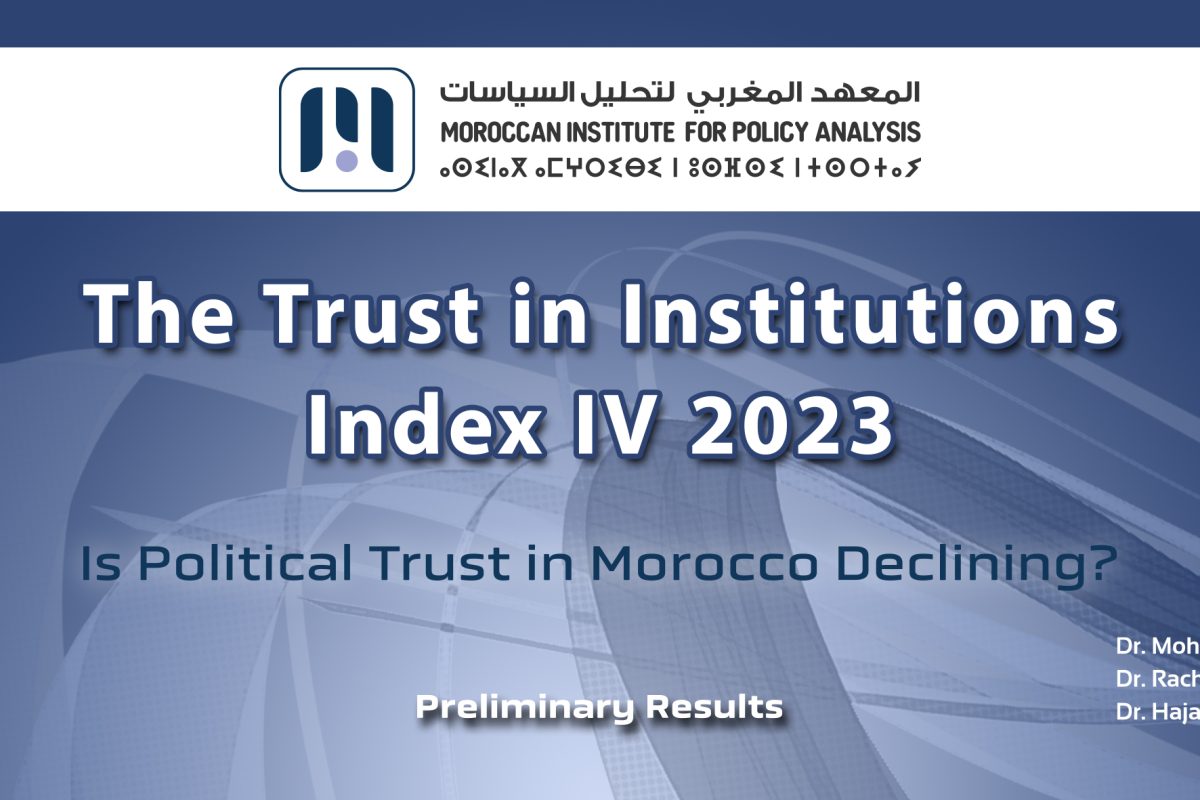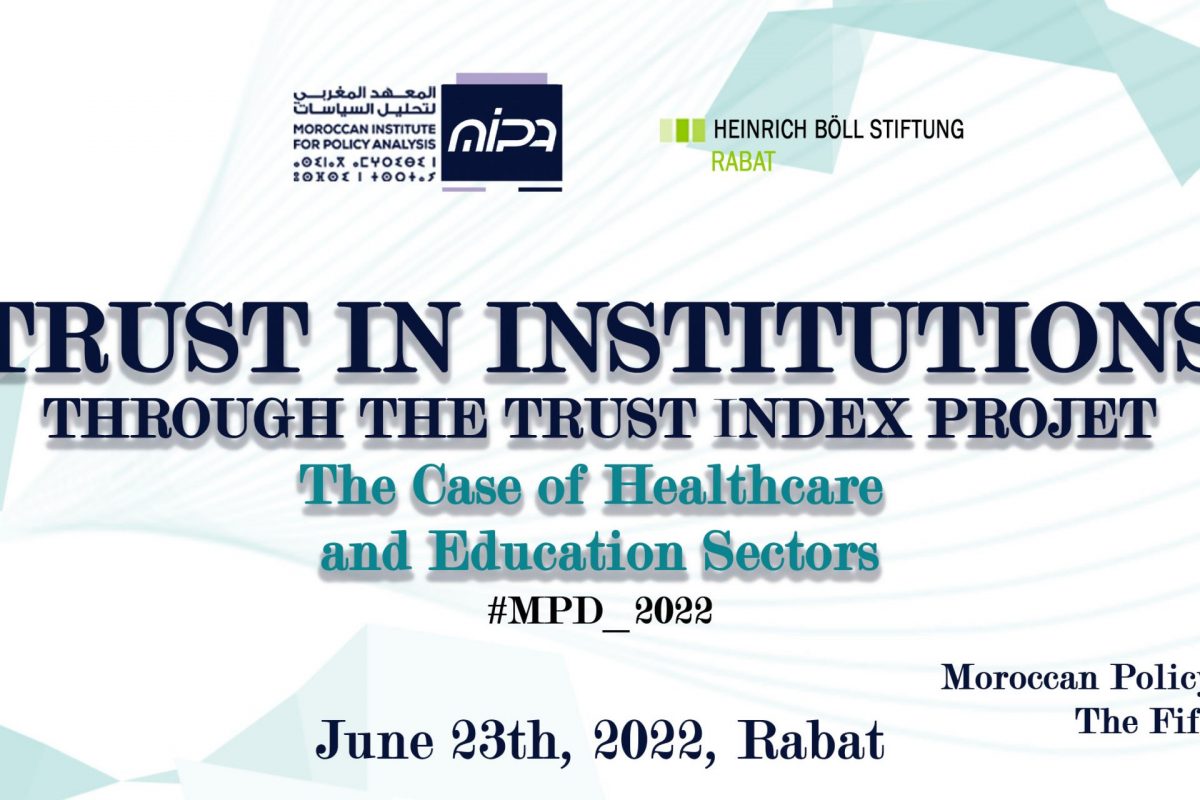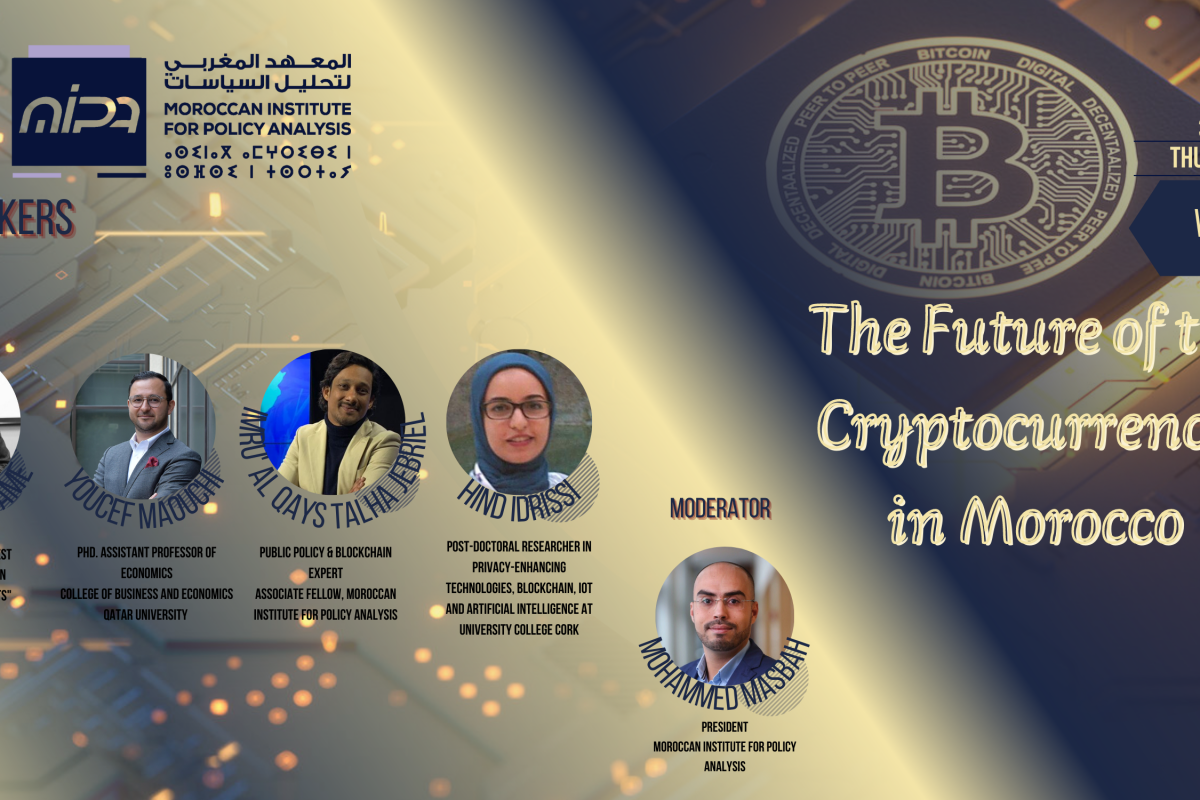Webinar: The Future of the (non) Maghreb Integration and Peace
To attend, please register at:
Context
A year after the creation of the Arab Maghreb Union (UMA) that includes Morocco, Algeria, Tunisia, Libya, and Mauritania in 1989, the then-King of Morocco, Hassan II, best summarized the pan-Maghreb ambitions stating that: “our aim is to turn the Arab Maghreb into one country with one passport, one identity, and a single currency”. After thirty years now, the dream of the Maghrebi integration remains elusive after suffocating the principles and prospects of the unity. Very little has been achieved at the leadership level, therefore defying the economic forces of gravity. The Maghreb region is one of the least politically and economically integrated regions in the world. The trade exchanges within the region stand at less than 5% of the overall foreign trade exchanges of the Maghreb countries and economic opportunities are rare for younger and more educated youth.
The last meeting of the UMA that brought together all five members was in 1994, with the borders between Algeria and Morocco closed ever since. Tensions over the Western Sahara issue continue to obstruct relations between the two regional heavyweights. Even worse, Tunisia and Libya are more unstable than ever before. The increase in the levels of political instability in the whole region call for close attention to the emerging threats and risks and how to effectively address them. The stability of the region is of great interest to all parties—regional and global, including the African Union (AU), European Union (EU), and United Nations (UN), as the continued instability, including civil wars, underdevelopment, transnational crime, and irregular migration might pose further threats to security, peace and development.
This webinar will explore the historical background, the political rationale behind, and economic consequences of the stalled Maghreb Union project by addressing the following questions:
- Why has the Maghreb region’s integration remained at a rather low level (institutional, internal and external factors)?
- What is the price of the political instability and crises of governance on Maghreb Societies and neighboring countries (especially in the EU and ECOWAS)?
- What the viable options to breaking the current impasse in the integration project and push the decision-makers in member-states to embrace partnership for development, peace and security?
Date: 17 March 2022 at 15h (GMT)
Location: Virtual via Zoom.
Time: 1 hour 30 min.
By: Moroccan Institute for Policy Analysis (MIPA) & African Peacebuilding Network (APN)
To register:
Agenda
- Welcoming Remark and Presentation of MIPA & APN.
- Presentations, by speakers.
- Debate (We will open the webinar for the public).
- End of the webinar.
Points of Contact
Hajar Idrissi, Project Coordinator
Email: h.idrissi@mipa.institute
Rachid Aourraz, Director of Research
Email: r.aourraz@mipa.institute
Hiba Said, African Peacebuilding Network (APN), Social Science Research Council (SSRC)
Email: said@ssrc.org
MIPA Institute
MIPA is a non-profit independent research institution based in Rabat, Morocco. Founded by a group of transdisciplinary researchers, MIPA’s mission is to produce systematic and in-depth analysis of relevant policy issues that lead to new and innovative ideas for solving some of the most pressing issues relating to democracy.


